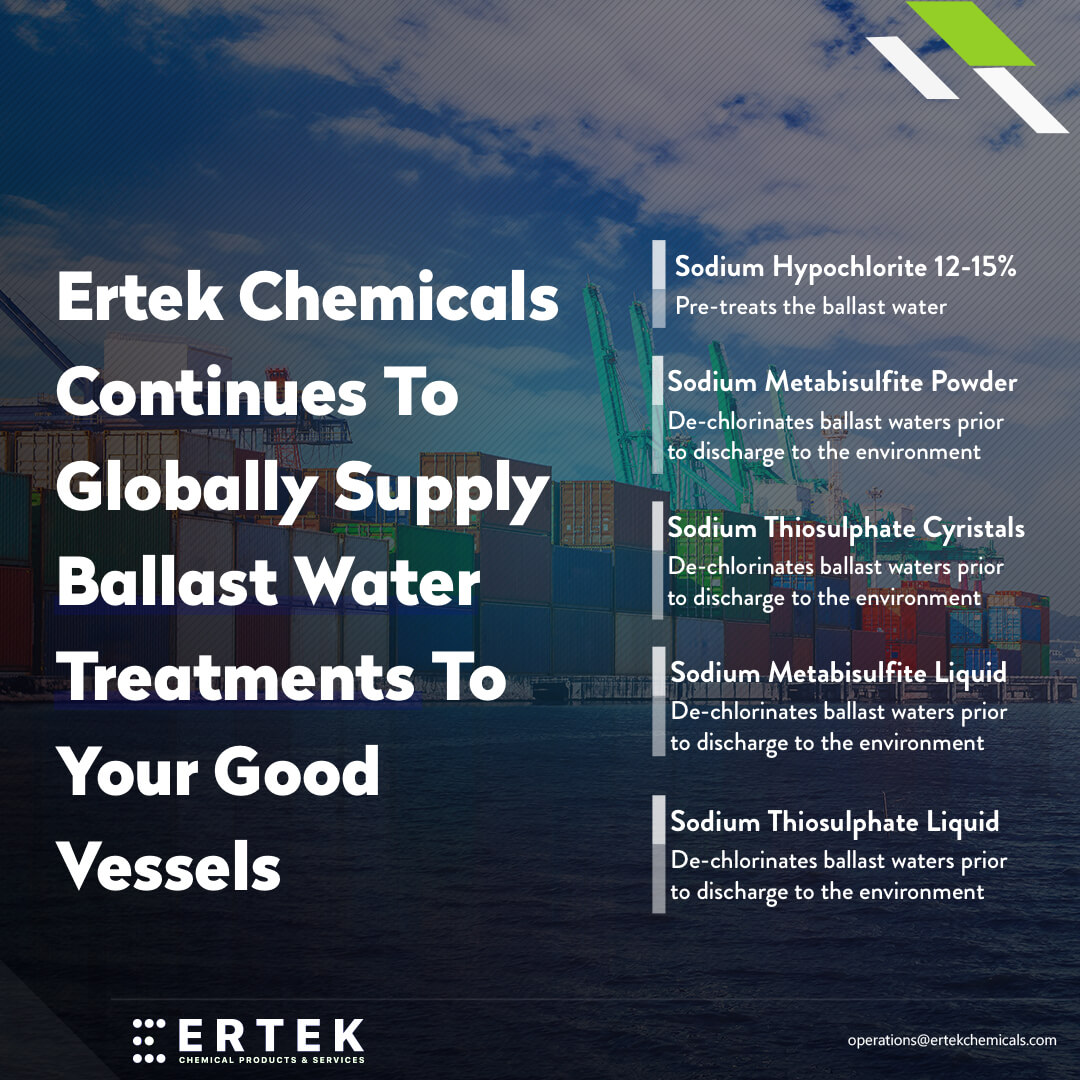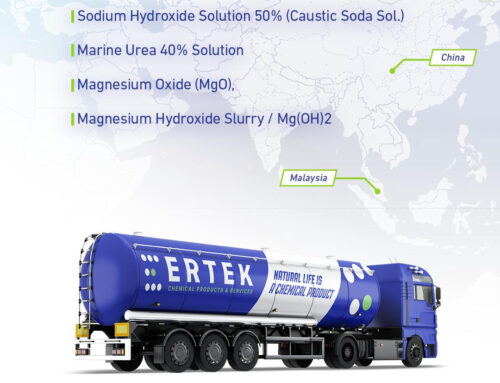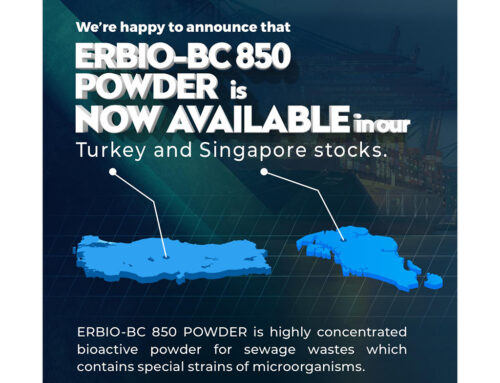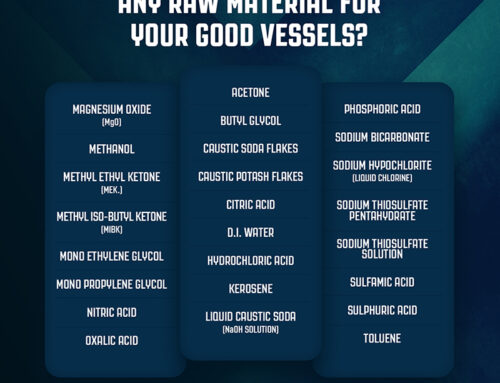More than 90 % of global trade is transported by sea, and each year transfers of up to 12 billion tonnes of ballast water take place around the world because of this. Ballast water is used to maintain the stability and trim of vessels, and to ensure their structural integrity.
Ballast water which is taken onboard by ships for stability can contain thousands of aquatic or marine microbes, plants and animals, which are carried across the globe. Untreated ballast water released at the ship’s destination could potentially introduce a new invasive marine species. Hundreds of such invasions have already taken place, sometimes with devastating consequences for the local ecosystem. Bio invasion is one of the four greatest threats facing the world’s oceans today, alongside land-based sources of marine pollution, the overexploitation of living marine resources and the physical alteration and destruction of marine habitats.
The proper treatment of ballast water, as required by the IMO and the relevant authorities in the USA, actively removes, kills, or neutralizes organisms prior to discharge.
The International Convention for the Control and Management of Ships’ Ballast Water and Sediments (BWM Convention) was adopted in 2004 to introduce global regulations, and entered into force on 8 September 2017 to control the transfer of potentially invasive species. With the treaty now in force, ships need to manage their ballast water.
Preventing the transfer of invasive species and coordinating a timely and effective response to invasions requires cooperation and collaboration among governments, economic sectors, non-governmental organizations and international treaty organizations. Ertek Chemicals has ensured that, we can supply Sodium Metabisulfite and Sodium Thiosulphate in crystal and liquid forms, for electrolysis systems in ports worldwide. For chemical injection systems, we can supply both Sodium Hypochlorite and Sodium Thiosulphate.

Ertek Chemicals Continues To Globally Supply
Ballast Water Treatments To Your Good Vessels





